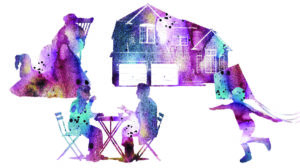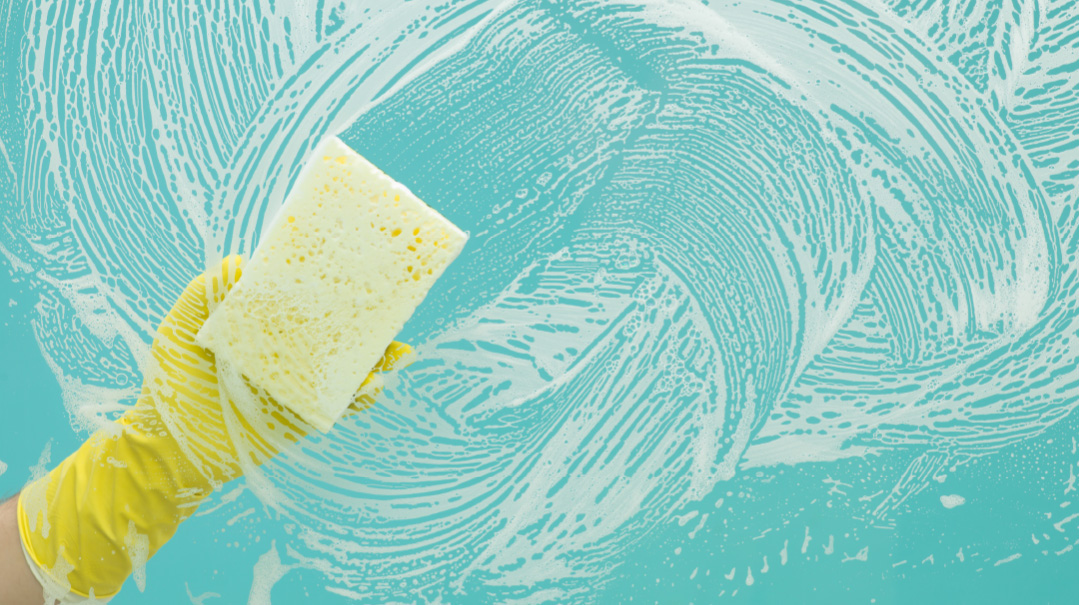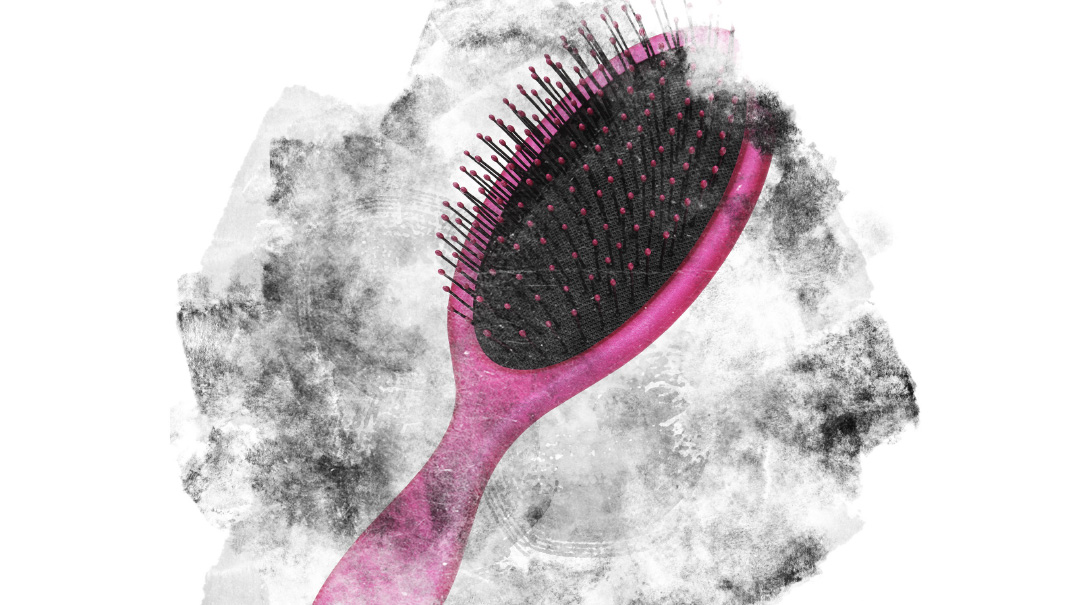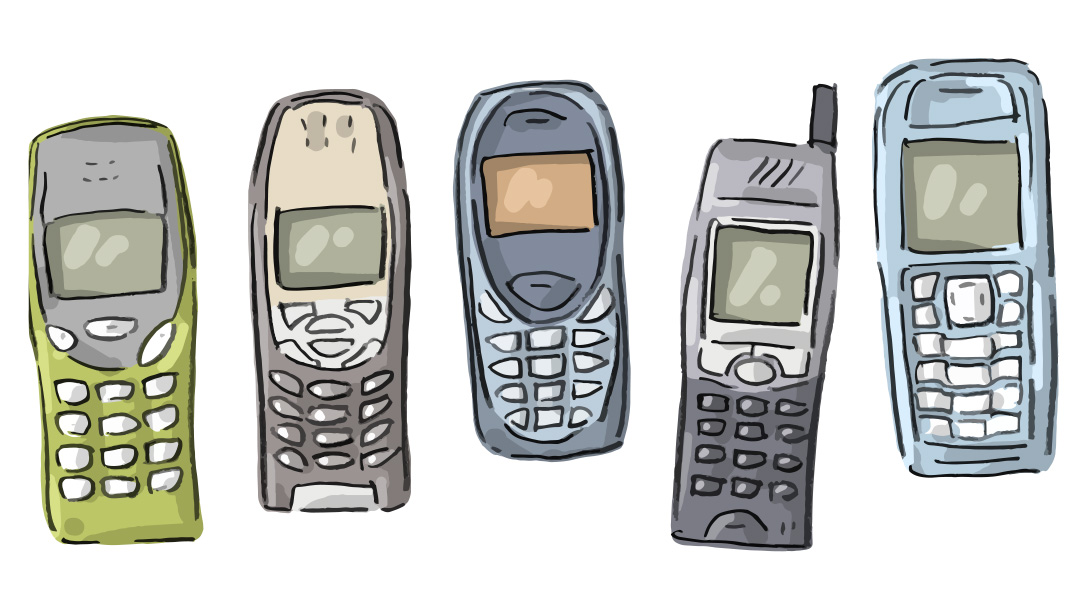My Inner Critic

My critic knows me and pushes me. To do more, to be more, but also to doubt and loathe myself

"Use my name.”
I raised an eyebrow at him.
“D-u-d-i,” he spelled it out for me.
We were eating at a friend’s house and their shanah rishonah couple was there too. I’ve met their new son-in-law a few times, and he never fails to make me laugh — and cringe.
“Someone should write an article about me. I’m an interesting guy and I do a lot of good in the world.”
While I snorted into my vegetable soup, I was also impressed by his brash, straightforward nature. What you see is what you get. He wasn’t couching his words in niceties or false humility. No, he’s a 20-something-year-old kid who thinks it would be cool to have an article written about him, and he said so.
“I’m a diagnosed narcissist,” he said a little later in the conversation.
“Oh, really,” I said mildly. He had personality — definitely; self-absorbed — yes, but that’s fairly normal these days. The label “narcissist” seemed a little too harsh.
“Who diagnosed you?” His shver humored him.
“Myself,” Dudi said (after first joking that it was his father-in-law’s diagnosis).
I started to point out that he wasn’t qualified to make a diagnosis and that narcissists usually don’t recognize their narcissism, but he cut me off.
“The only difference between me and a doctor is a piece of paper.” This time I visibly snorted into my soup.
And then he said another gem — I forget how it came up in the conversation: “When I went to shul, they asked me if I was a Levi. I told them no, but I’m a talmid chacham, and they respected that, so they gave me shlishi.”
I found myself repeatedly returning to the seudah in my mind; the conversation, the tenor. It was a lot of fun, there were plenty of laughs, even when I did tell Dudi that I’m going to wipe the floor with him after he went on about the gender wage gap, saying it was called for because men are just better — facepalm, I know!
But as my husband always points out, “Esther, you look for meaning and messages in everything — some things just are.” He’s a funny kid, he does good things, he dotes on his wife, and maybe he has an overinflated sense of self. Nu, nu, we all grow up.
Truth is, I’m jealous of his bloated ego, because inside me is a not-so-niggling critic. A critic that demands more and more, and even when I comply, it tells me I can do better. It’s unrelenting, and so embedded in me that most of the time I think it’s me, and only in moments of clarity can I separate me from the critic that lives within.
I remember a friend calling me one night.
“Your house is sooo quiet, Esther,” she commented.
“Kids are in bed,” I responded.
“Already? Wow.”
“Yup, I’m big on bedtimes.”
“You’re such a good mother,” she effused. “You hear this racket on my end? No one’s in bed and I can’t bring myself to try right now.”
I chuckle, and with my critic whispering sweet nothings in my ear, I reassure my friend, “I’m not a good mother, I need my space and strict bedtimes is just my way of keeping my sanity.”
And then there are the teachers’ meetings.
“Any ideas?” the principal asks, opening the floor to the teachers, be the topic under discussion curriculum, attendance, or a particular student’s challenges. No matter the issue, I sit in silence.
I look to the right and left, see teachers who have been there for longer, are more knowledgeable in pedagogy, have more experience with that issue — who am I to speak, why would my perspective be worth anything — even if I have been teaching English for over ten years and have worked in many different schools and cultures?
Somehow, anything I am is diminished next to the “other.” So says my critic anyway.
Then there are the comments, especially on Yom Tov when I meet people I haven’t seen in a while:
“Esther, I love your writing!”
“That story was amazing.”
“Your Life Lab was hysterical.”
But all I can think about is how good my editors make me look. About my long meandering streams of consciousness, my awkward dialogue tag constructions, my lack of lyricism or any sense of poetry, the bluntness of my words, the clichés I abuse, the themes I overuse….
I smile graciously and say, “Thank you!” but my inner critic is blowing raspberries in my head as I accept the compliment. My critic knows me and pushes me. To do more, to be more, but also to doubt and loathe myself.
It makes me think about Dudi again. He may be a bit muchness, but he respects himself. He is a somebody, and he will make his way through life with his confidence, with awareness that he’s good enough, or more than good enough for the world. He appreciates who he is.
I’m sure there’s a happy medium between my self-flagellation and Dudi’s cocky smugness, but of the two extremes, I think he’s better off. I tell my critic to bug off for a bit, I need a break.
The next morning my nine-year-old tells me, “I read your story, Mommy, I liked it.”
And before the raging critic can say, “A nine-year-old liked your story, that’s how basic it is.” Or, “Of course he liked it, he thinks it’s cool his mother wrote something,” I breathe deeply and say, “Thank you.” Because I entertained someone at least, and regardless of the quality of the story, that is the goal, and I achieved it.
My name is Esther Kurtz, and I’m an interesting person who does some good in this world. Sorry, Dudi, you were just my foil here. Ultimately, I wrote an article about myself.
(Originally featured in Family First, Issue 694)
Oops! We could not locate your form.












